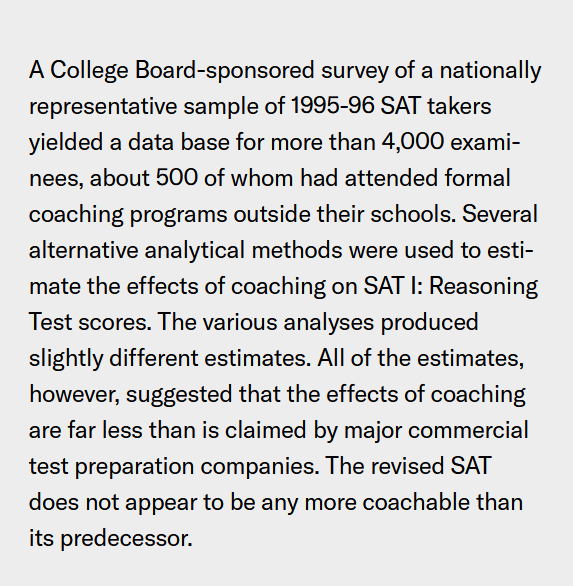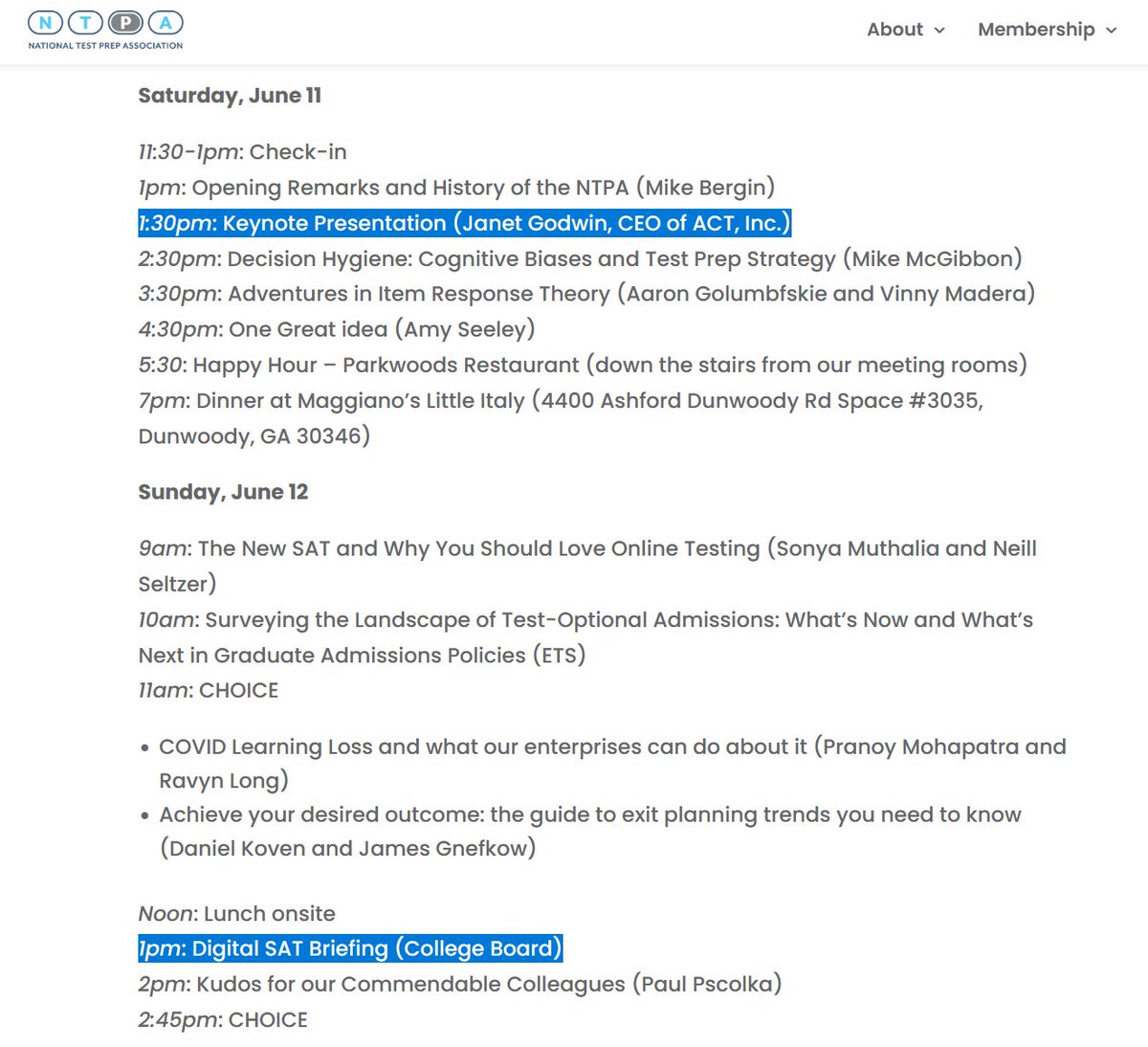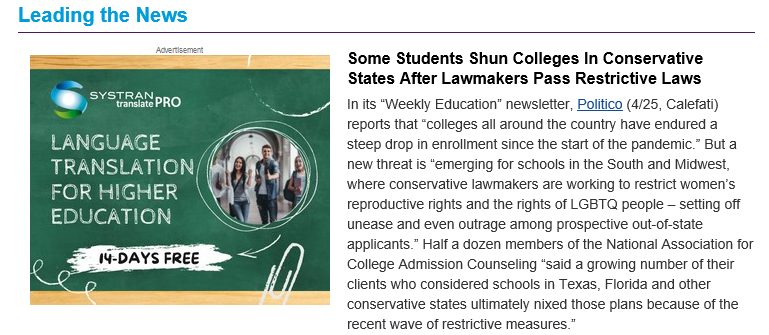
Some say that I am actively trying to persuade people not to use test prep. I don't think I've ever said that; I might think it's a bad idea, but I don't tell you how to spend your money.
You might think I'm dumb for paying to have my oil changed when I can do it myself.
You might think I'm dumb for paying to have my oil changed when I can do it myself.
I do tell people that the tests are a) not good predictors and b) bad predictors for women and students of color, and that it might not be a great idea to hitch your star to a multiple choice test, given how valuable that skill is in real life.
But I'll pay to change my oil, and you pay for test prep if you want.
I don't care.
I don't care.
I would remind you that I'd never even heard of the NTPA (the test preppers; the tractor pullers were well known to me since I'm an Iowan by birth) until one of them wrote of getting nauseated listening to me talk about our attempts to make college apps easy for underserved kids
I have known that some of the founders of this august organization founded a site called "Test Prep Tribe" (their name, which is surprising because most of them appear to be White) on Facebook where they discuss test prep.
I think they have some strange opinions about things, but as Upton Sinclair said: It is difficult to get a man to understand something when his salary depends on his not understanding it.
The troubling thing, of course, is not the group; not the agencies, and not the industry. It's the now-cozy relationship between test preppers and the testing agencies.
The agencies still say the test is predictive. But they rub elbows with people who say they can raise scores.
The agencies still say the test is predictive. But they rub elbows with people who say they can raise scores.
It's like the credit agencies raising your credit score just for signing up for their credit improvement services. It sort of makes you question the value of the score in the first place, doesn't it?
Ah well. Carry on. You do what you want (and if you don't want to listen to me, you know how do do that, I hope.)
I'm going to keep talking about this stuff.
I'm going to keep talking about this stuff.
Oh, and #EMTalk
• • •
Missing some Tweet in this thread? You can try to
force a refresh










